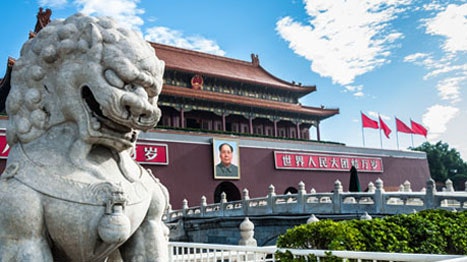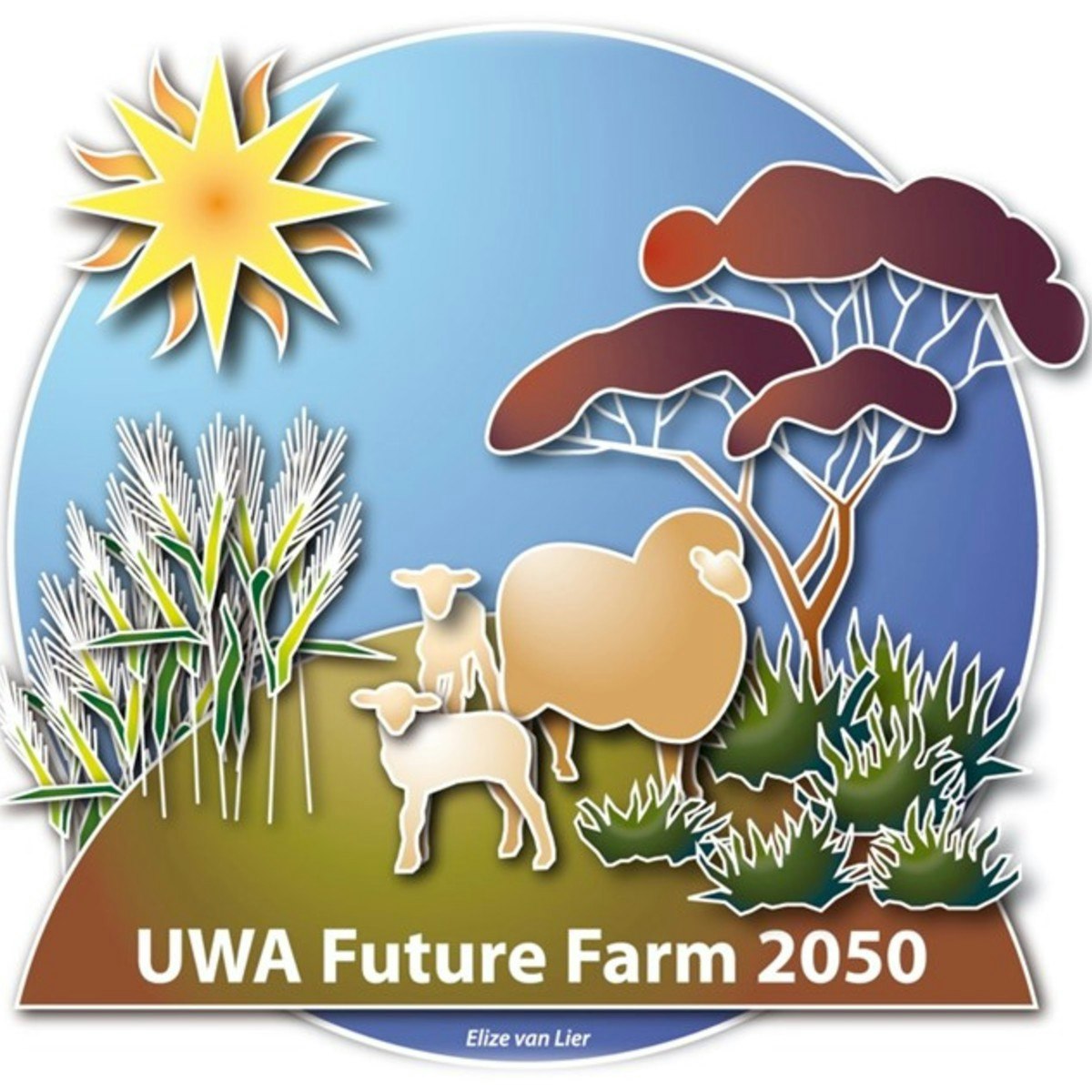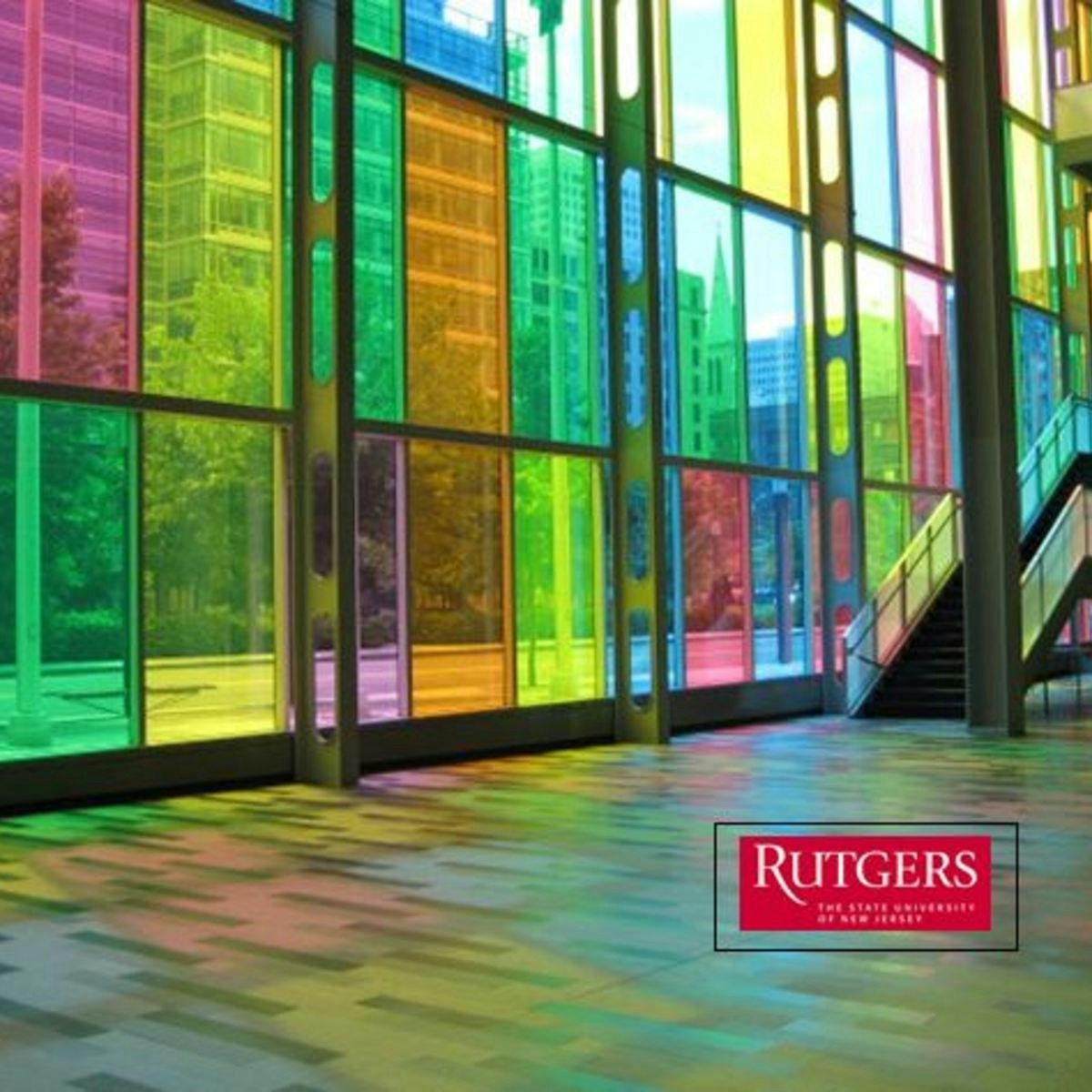Back to Courses









Governance And Society Courses - Page 14
Showing results 131-140 of 270

Chinese Politics Part 1 – China and Political Science
This course offers a conceptual framework for understanding China that highlights the intersection of politics and economics. It shows that rather than develop into a full blown market economy, state and party officials at all levels of the political system maintain significant influence in economic development. Such a “political” economy has had both positive and negative outcomes, which we will assess in detail. We also look at the origins, views, backgrounds and relations among leaders, and how those leaders make decisions about public policy and try to get those decisions implemented down through the system. China has few formal institutions through which citizens can participate in politics, but we will study the strategies Chinese people use to try to influence their leaders’ decisions. Finally, we assess China’s future and whether rapid economic development and the emergence of a vibrant middle class will push China towards greater democracy or whether the single party system is likely to survive into the future. The course is a quite useful background for Chinese Politics Part 2 – China and the World.
Course Overview video: https://youtu.be/7FpNL67EbE4

Security & Safety Challenges in a Globalized World
Security and safety challenges rank among the most pressing issues of modern times. Challenges such as, cyber-crime, terrorism, and environmental disasters impact the lives of millions across the globe. These issues also rank high on the agenda of politicians, international organizations and businesses. They also feature prominently in the public conscience and in governmental policies.
In the current, interconnected world, security challenges are becoming increasingly complex. Facilitated by developments as globalization and the spread of networked and hyper-connected technologies, new safety and security challenges arise and impact local, national, regional and international levels, which dramatically increases their complexity and scale. As such, solutions to contemporary security challenges require a wide array of actors operating on multiple levels of governance.
The course will introduce you to the broad theme of security and safety in an increasingly complex world. Together we will search for answers to important questions: what is security and safety? How can we understand complex modern-day security and safety challenges? And how do we deal with such challenges? This course combines scholarly inquiry from multiple disciplines (ranging from terrorism studies, to crisis management, to medical science) with real-life cases to explore and understand complex modern-day safety and security challenges.

Community Awareness: Police Brutality in the U.S.
The tragic deaths of George Floyd, Breonna Taylor, and Ahmaud Arbery have sparked a wave of renewed protests against police brutality across the United States. These nationwide uprisings have transformed into an intense interest from the public around understanding systemic racism and abuse of power. Millions of Americans and people around the world are watching incidents of police violence and excessive force captured on video, but are looking to learn about the inequalities at the root of these incidents. While the calls of Black Lives Matter protesters to #DefundThePolice are being heard for the first time by many Americans, they are part of a longstanding effort by communities and activists to reinvest in communities rather than policing and prisons. In this course, you will learn about the history of police violence in America, become aware of laws and policies that prevent accountability, understand the demands of protesters, and gain the knowledge and tools to fight for change locally. The content for this Community Awareness course is adapted from a Teach-Out launched in July of 2020 from experts from across the United States involved in activism, social work, law, government, and higher education.

Securing Digital Democracy
In this course, you'll learn what every citizen should know about the security risks--and future potential — of electronic voting and Internet voting. We'll take a look at the past, present, and future of election technologies and explore the various spaces intersected by voting, including computer security, human factors, public policy, and more.

Discover Best Practice Farming for a Sustainable 2050
The Discover Best Practice Farming for a Sustainable 2050 Course is based on a clear vision: imagine best practice farming for 2050, start to implement these strategies now, all the while making sure it will still be profitable. At UWA we're doing just that with the Future Farm 2050 Project, set on a mixed-enterprise farm in Western Australia and we want you to learn how it can be done in your part of the world.
Although this course is based on agriculture, it's not only about farming. It is a multi-disciplinary course that addresses a wide range of issues confronting the industry, including rural communities, rural infrastructure and conservation of biodiversity in agriculture.
By completing this course you will understand that feeding and clothing the planet requires a multi-disciplinary approach
and upon completion you will be able to explain best practices of sustainable farming and apply them in new contexts.

Revolutionary Ideas: Utility, Justice, Equality, Freedom
What is the purpose of government? Why should we have a State? What kind of State should we have?
Even within a political community, there may be sharp disagreements about the role and purpose of government. Some want an active, involved government, seeing legal and political institutions as the means to solve our most pressing problems, and to help bring about peace, equality, justice, happiness, and to protect individual liberty. Others want a more minimal government, motivated, perhaps, by some of the disastrous political experiments of the 20th Century, and the thought that political power is often just a step away from tyranny. In many cases, these disagreements arise out of deep philosophical disagreements.
All political and legal institutions are built on foundational ideas. In this course, we will explore those ideas, taking the political institutions and political systems around us not as fixed and unquestionable, but as things to evaluate and, if necessary, to change. We will consider the ideas and arguments of some of the world’s most celebrated philosophers, including historical thinkers such as Plato, Aristotle, Thomas Hobbes, John Locke, Immanuel Kant, Mary Wollstonecraft, and John Stuart Mill; and more contemporary theorists such as Elizabeth Anderson, Isaiah Berlin, Thomas Christiano, Frantz Fanon, Amy Gutmann, Friedrich Hayek, Robert Nozick, Martha Nussbaum, Julius Nyerere, Ayn Rand, John Rawls, Peter Singer, and Kok-Chor Tan.
The aim of the course is not to convince you of the correctness of any particular view or political position, but to provide you with a deeper and more philosophically-informed basis for your own views, and, perhaps, to help you better understand the views of those with whom you disagree.

Working for a sustainable future: concepts and approaches
In this course, participants are introduced to key notions and concepts evolving in sustainability science that are relevant to all, independent to one's work or field of interest. After having completed the course, participants will have a better understanding of the vocabulary used today and should demonstrate the ability to reflect critically to integrate different perspectives of environmental, social, and economic sustainability to their specific area of interest or research.
Throughout the course, links are made to the Agenda 2030 for Sustainable Development, as our current global road map towards sustainability, and how new approaches and solutions are emerging to describe, understand and address key sustainability challenges. Put simply, the overall aim is to give participants the knowledge and confidence needed to present and discuss ideas with others by applying methods, concepts and the vocabulary exemplified in the course with a more holistic view on the sustainability agenda across topics and disciplines.
The course is designed as 5 modules:
The first module presents essential concepts within sustainability science, and methods used to describe, frame, and communicate aspects of sustainability. We look at key questions such as what we mean with strong or weak sustainability, resilience, tipping points and the notion of planetary boundaries. We also look at some techniques used of envisioning alternative futures and transitions pathways.
The second module is all about systems thinking and how systemic approaches are applied today to achieve long-term sustainability goals. Your will see what we mean with systems thinking and how systems thinking, and design is applied in practice to find new solutions.
The third module touches upon drivers for a sustainable future, namely links to economy and business with an introduction to notions of a circular economy, and also policy and regulatory frameworks. We introduce the basics of transformative policy frames and how they are designed and applied through several real-case examples.
The fourth module discusses the links between innovation and sustainability, highlighting approaches for technological, social, institutional, and financial innovations. Some examples (or cases) aim to show how different actors across society balance in practice the need for innovative approaches for social, environmental, and economic sustainability.
The fifth and last module provides general insights on how we work with models to create various scenarios that help us identify solutions and pathways for a more sustainable world. Three main dimensions are addressed namely climate and climate change, nature and biodiversity, and the importance of data and geodata science to support spatial planning and sustainable land use.
This course is brought to you by Lund University with input from four external contributors:
- Lund Municipality, Sweden
- DigIT Hub, a cluster organisation for digitalisation in society based in Lund, Sweden
- Forum for Social Innovation Sweden, a national network across 5 universities
- Sustainable Business Hub, a cluster organisation for smart sustainable cities, based in Malmö, Sweden

Global Adolescent Health
This course will explore the dynamic factors affecting the health and wellbeing of young people around the world, and how important it is for individuals, communities and nations that we improve the health and life chances of this important population group.
With over 25% of the world’s population aged between 10 and 24 years, today’s generation of young people is the largest in human history. As the future leaders and drivers of growth, productivity and innovation, young people are our greatest assets, and investment in their health and wellbeing has social, economic and other benefits that continue across the lifespan and into the next generation.
In this course we will adopt a life-course framework to take a holistic view of youth health and wellbeing. We will explore changing patterns of adolescent health and development, including why adolescence is starting earlier and ending later; how puberty and adolescent brain development may shape future health; and how what happens in adolescence can affect the start to life for the next generation. We’ll also look at the major health and social issues affecting young people and ways of addressing these through policy, practice and programming.
COURSE FORMAT:
This course comprises short video lectures and interviews, required and recommended readings, online discussion, quizzes and written assignments. There is no required text for this course and all readings are provided.
DO I HAVE TO PAY FOR THIS COURSE?
No- you may access 100% of material in this course for free. You are also welcome to do as much or as little of the course as you like, including all (or none!) of the assessment tasks- it all depends on your learning goals. The option to pay for this course is there for those who wish to receive a Course Certificate as evidence of completion (which does require you to attempt and successfully pass the assessment tasks).
WHO IS THIS COURSE FOR?
This course will be relevant for anyone with an interest in the health and wellbeing of young people. You do not need to be of any particular personal or professional background to benefit from this course, but having some basic undergraduate study experience will be helpful to your learning (particularly if in a health related field).
WHAT IS THE MOST INTERESTING THING I'LL LEARN IF I TAKE THIS COURSE?
You’ll learn how so much of what happens during adolescence can impact not only the future health of individuals, but the health of the next generation as well. You’ll develop a greater understanding of the key factors impacting upon youth health and learn how to be a better advocate for the health and wellbeing of young people.
View the MOOC promotional video here: http://tinyurl.com/z5l4mod

Global Energy and Climate Policy
The Global Energy and Climate Policy course offers an introduction to the theoretical and practical understanding of how energy and climate change policies are designed, shaped, advocated and implemented. As energy markets go truly global, domestic energy policies are becoming more and more entangled with wider issues of international governance. Concurrently, the urgent need to mitigate and adapt to climate change and transition to a low-carbon future is adding a further layer of complexity.
The course is aimed broadly at people interested in learning more about interconnected issues in energy and climate policy globally. It assumes a level of interest but no necessary previous knowledge. However, the course also offers sufficient up to date research and new critical perspectives to be of interest to people with expertise in or academic familiarity with the topic as well.
The main aim of the course is to provide this wide-ranging introduction in a self-contained, but in-depth form, alongside the important practical skills necessary to understand and discuss energy and climate policy, and lay the groundwork for greater engagement in the future – either through academic study, in the public, private or not-for-profit sectors.

Corruption
You can't understand the world today if you don't understand corruption. Every day, we see high-level government officials resigning, governments changing, hundreds of thousands of people standing in squares, holding up signs, and often risking their lives to protest the corruption in the world. It's critically important to the health of our societies to understand what people are protesting against. We want to understand corruption. This course is designed to teach you about what corruption is, what causes corruption, the effects of corruption, and how to control corruption. We'll be talking about this from a global perspective using examples from all over the world. We'll also be talking about corruption from the perspective of countries, governments, businesses, citizens, and the people within these entities. At the end of this course, you'll have a better understanding of why the world is changing according to the path of corruption. If you're in a position to make changes within your respective entity, to make decisions about corruption, you'll be able to make better decisions.
Popular Internships and Jobs by Categories
Find Jobs & Internships
Browse
© 2024 BoostGrad | All rights reserved